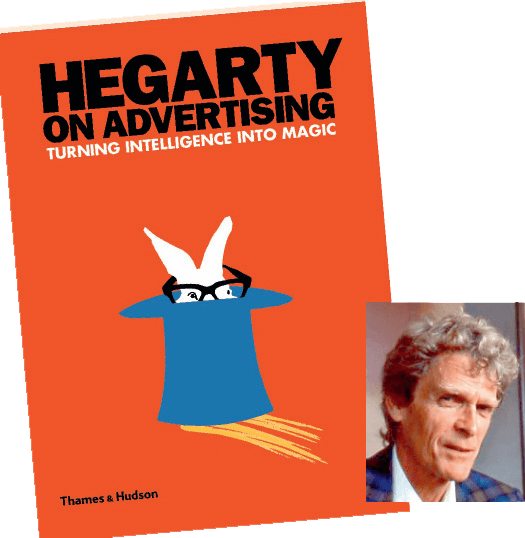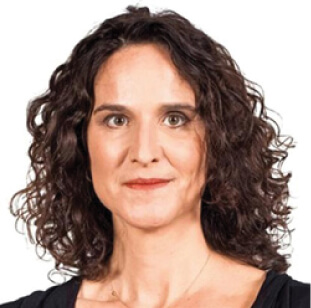A flaw in the logic
Unilever’s decision to prioritise ‘magic over logic’ in its future marketing efforts is a reminder of our industry’s predilection for polarity. In this scenario, the ‘magic’ guys are the ones in white; the ‘logic’ baddies are in black. Any kind of rapprochement between them, we infer, will result in output that is crushingly grey.
It is a theme explored in a recent editorial in the ad-industry journal, Campaign. Under the headline “Creativity is more than just a numbers game”, editor Claire Beale takes issue with marketers whose focus is data and ROI. Nevertheless, she quickly runs into the very thicket she counsels readers to avoid, with her assertion that “we know the most creative ads are also the most effective – that’s been proved time over.”
How do we ‘know’? Where is the ‘proof’?
It is certainly a claim I have heard often, but no one has ever ventured the study that backs it up, to the extent that I have come to suspect that its existence is advertising’s version of an urban myth. If the proof does indeed exist, though, it is presumably numerically based, with clear definitions of what ‘creative’ means, how it is measured, and how it is correlated with ‘effectiveness’ – which, again, would require its own definitions.
Such terminological and numerical precision might be anathema to those who argue for a more intuitive approach to branding and communications, but it would be of great service to both marketer and agency standing before a chief executive trying to decide whether to sanction the budget for a supposedly ‘magical’ piece of creative advertising.
Good marketers have long prized metrics that can help minimise the risk of poor returns on communications investment, and that includes Unilever, with its adherence to Millward Brown ‘Link’ testing. Yes, some of its lesser-starred agency teams have tended to blame such testing for dull creative work, but even they go quiet when told that the same tests apply to Bartle Bogle Hegarty, and its stellar output on Unilever’s Lynx.
In any case, there is something even more fundamentally flawed in the logic vs magic rhetoric, in that the former is often a secret ingredient in the latter.
Some of the campaigns that awaken our imaginations and flick a little switch of recognition in our heads do so because they have a logical insight at their core. They succeed in surprising us, and making us exclaim “Of course!”, because they blow away the cobwebs of irrationality that have long been blurring our perception of the truth.
The classic ‘We try harder’ campaign for Avis worked like that. Even in the US in the ‘60s, where winning was a cultural imperative, its reasoning was flawless: of course the underdog has to offer more to gain and keep customers; it’s just that people had never seen it that way before.
This is not to argue that this kind of creative brilliance is reached by a deductive process; the logic remains counter-intuitive long before it suddenly becomes obvious, and would have required a mental leap to discover. You can’t help speculating, though, that the light of reason was a slow, steady beacon in its creators’ subconscious.
There is beauty in reason and, at the heart of everything we find most magical about our universe, there is logic. Those who seek to set these forces in opposition do a disservice to both.
The great and the good have much to say on the subject, most recently John Hegarty, in his new book, Hegarty on Advertising: Turning Intelligence into Magic (book and author pictured).

John Hegarty “Creativity is a manic construction of absurd, unlikely, irreverent thoughts and feelings that somehow, when put together, change the way we see things.”
Edward de Bono “There is no doubt that creativity is the most important human resource of all. Without creativity, there would be no progress, and we would be forever repeating the same patterns.”
Albert Einstein “To raise new questions, new possibilities, to regard old problems from a new angle, requires a creative imagination and marks the real advances in science.”
Denis Diderot “Our observation of nature must be diligent, our reflection profound, and our experiments exact. We rarely see these three means combined; and for this reason, creative geniuses are not common.”
John Lennon “I’d spent five hours that morning trying to write a song that was meaningful and good, and I finally gave up and lay down. Then Nowhere Man came, words and music, the whole damn thing, as I lay down.”
